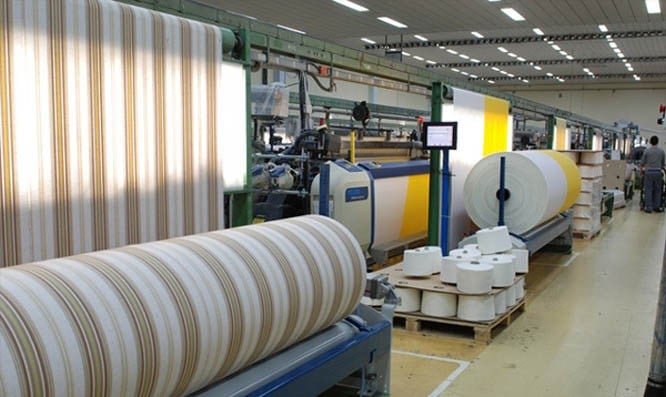
Will abolishing inspection of factories in Punjab add to the ease of doing business?

Chief Minister Punjab granted approval for exempting factories from inspection through a directive on September 2. The inspection of factories by labour officials has been suspended, according to the government’s statement, for facilitating the industrialists to ensuring ease of doing business.
Ending industrial inspection process "would not only facilitate the industrialists but also ensure ease of doing business in the province, thus expediting industrialisation process and creating new employment and investment opportunities," reads the statement.
But concerns are being raised about the implications for such a decision. This is a serious violation of Pakistan’s internationally ratified conventions as well as the law of the land. Such an act may damage the social security net and deny basic human rights to the workers. Abolishing inspection of factories does not make a strong business case either.
What do we mean by "ease of doing business"? It is one of the contributing elements of eight core governance indicators developed by the World Bank.
According to the World Bank, ease of doing business is measured by scoring any country’s performance across ten key areas of business regulations. These include, i) starting a business, ii) dealing with construction permits, iii) getting electricity, iv) registering property, v) getting credit, vi) protecting minority investors, vii) paying taxes, viii) trading across borders, ix) enforcing contracts and x) resolving insolvency.
Out of these ten, "trading across borders" is mainly relevant to the inspection of factories since the international markets demand compliance of labour laws. Labour laws are enforced and complied through inspection of factories. One wonders how suspending inspection of factories could help us gain acceptance in the international market?
Pakistan is already struggling to retain its GSP+ status that remains an issue mainly owing to weak compliance of labour laws. Suspending inspection of factories in such a situation will bring us bad reputation internationally. On the same account, the US-based Disney Corporation, in recent past, cancelled purchases from Pakistan-based firms on the basis of its policy of ethical sourcing. The primary reason that Disney cited was Pakistan’s low score on Worldwide Governance Index which, among other things, also includes country’s achievement of the International Labour Standards.
Pakistan is signatory to 36 ILO conventions, including all eight fundamental conventions and two governance (priority) conventions. One of the two governance (priority) conventions is Labour Inspection Convention 1947 (No. 81) that Pakistan ratified in 1953. Ratification of this convention obligates member states to put in place an effective labour inspection system in order to guarantee compliance of the labour laws.
Suspending inspection of factories is not only a blatant violation of ILO Convention 81 but also an intended impediment to the enforcement of labour laws that provide social security, protection and guarantee basic human rights of the workers.
Furthermore, ILO conventions require signatory states to uphold four fundamental principles and rights at work that include the following freedoms:
Freedom of association and effective recognition of the right to collective bargaining
Freedom from discrimination in employment and occupation
Freedom from forced labour; and
Freedom from child labour
These are enabling rights which provide the foundation for social progress and the realisation of social justice. These principles are also embodied in eight core ILO conventions that Pakistan has ratified. Needless to say, suspending labour inspection would only mean impeding these fundamental rights and, thus, a negative step of the Punjab government.
The provinces have struggled hard in the post-devolution era to strengthen regulatory framework that governs industrial relations and improve the enforcement of labour laws. However, such a decision would undermine post-devolution legislative advancements fortified in favour of workers’ social security and protection.
Suspending labour inspection does not make business sense either. According to latest theories and evidence-based research carried out in the area of labour productivity clearly associate production outputs proportional to the well-being of the labour.
It is now an established fact that investing in Occupational Health and Safety (OSH) of the workers is crucial for higher productivity and higher profits. The well-being of workers is the responsibility of the employer. It, however, remains a responsibility of the government to ensure it in letter and spirit.
Similar decision was enforced in 2001, too, that kept labour inspection restricted for over a decade. It only hampered acceptance of our exports by bringing a bad name to the country in the international markets, especially the EU countries.